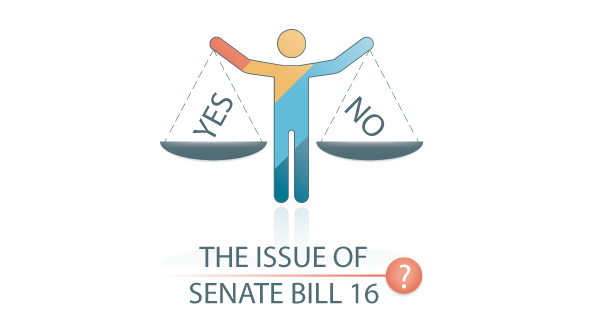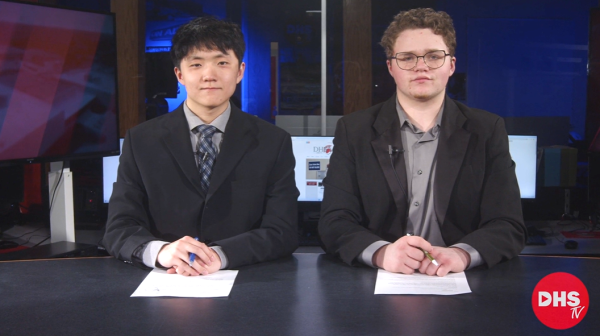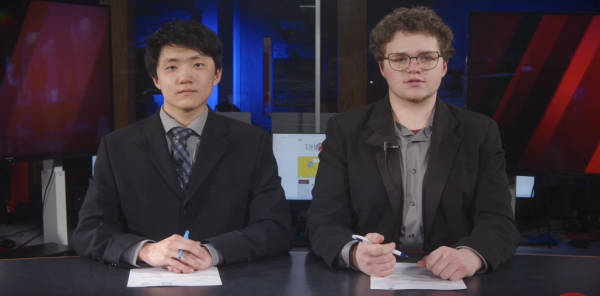State legislation threatens to slash district funding
In the next regular legislative session, Illinois Senate Bill 16 (SB 16), an education funding reform bill passed by the Senate last May, will be voted on by the House of Representatives to determine the future of school funding distribution in Illinois.
SB 16, otherwise known as the School Funding Reform Act of 2014, proposes a redistribution of funds across the state in an attempt to alleviate at-risk school districts in the face of Illinois’s $161 billion debt. Overall, Cook and surrounding counties can face losing $228 million in state funding, according to an online press release by Superintendent George Fornero. District 113 faces a loss of 70 percent of its state-allocated funding, with an initial $1.4 million reduction spread across a four-year period.
“Many residents of District 113 paid more for their houses and pay higher property taxes for the purpose of living in an area with outstanding schools. SB16 would significantly reduce the state funding provided to these outstanding schools,” Fornero wrote. “We believe the solution is not to take from some to give to others but rather for the State to fully fund education, rather than ranking 50th in the nation in education funding.”
It is no secret that Illinois has confronted financial issues within its education system in recent years. In 2012, teachers in the Chicago Teachers Union went on strike for the first time since 1987. In the 2013-2014 school year alone, 50 of the city’s public schools were permanently closed. Just this October, District 112, a feeder district for District 113, brought in a federal mediator to aid in contract negotiations after the previous terms expired in August.
Ben Boer is the policy director at Advance Illinois, an education advocacy group.
“SB 16 provides a framework for ensuring that relative need for districts are considered in the distribution of almost all state dollars,” Boer said. “Having a better distribution system is a starting point for a real conversation about the funding each district needs to adequately support its students.”
SB 16 changes the distribution of means-tested funding, funding equalized based on district property wealth, from 44 percent to 95 percent of the state’s financial education resources. SB 16 plans to divert a higher proportion of funds to poorer districts.
“The amount of per pupil primary state financial aid for school districts, in general, varies in inverse relation to Available Local Resources,” reads the bill. “In determining a school district’s revenue from local property taxes, the State Board of Education shall utilize the equalized assessed valuation of all taxable property of each school district as of September 30 of the previous year.”
State Representative Scott Drury spoke at a District 113 budgeting meeting this October to discuss the potential implications of SB 16 on the community. Drury expressed disappointment with the bill and doubted its longevity in the House.
“You have to increase education, not just pour money into it,” Drury said. “It will not pass. However, in its present form, SB 16 is an alive bill.”
Despite rising unpopularity of SB 16 within the community, Illinois’s current financial situation poses an indefinite, long-term challenge for education funding within the state. Nicki Bazer is General Counsel for the Illinois State Board of Education.
“We don’t pass school code, we follow what’s passed by the General Assembly. Last year our budget ask was close to one billion,” Bazer said. “National experts believe our funding is broken. We have a lot of concern about how state funding works now.”
The House of Representatives will reconvene for veto session beginning November 19th.
UPDATE (1/13/15): The Illinois Senate Session adjourned sine die, or without adjourning to a specific time or date, indefinitely suspending debate on SB 16.






